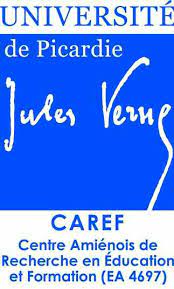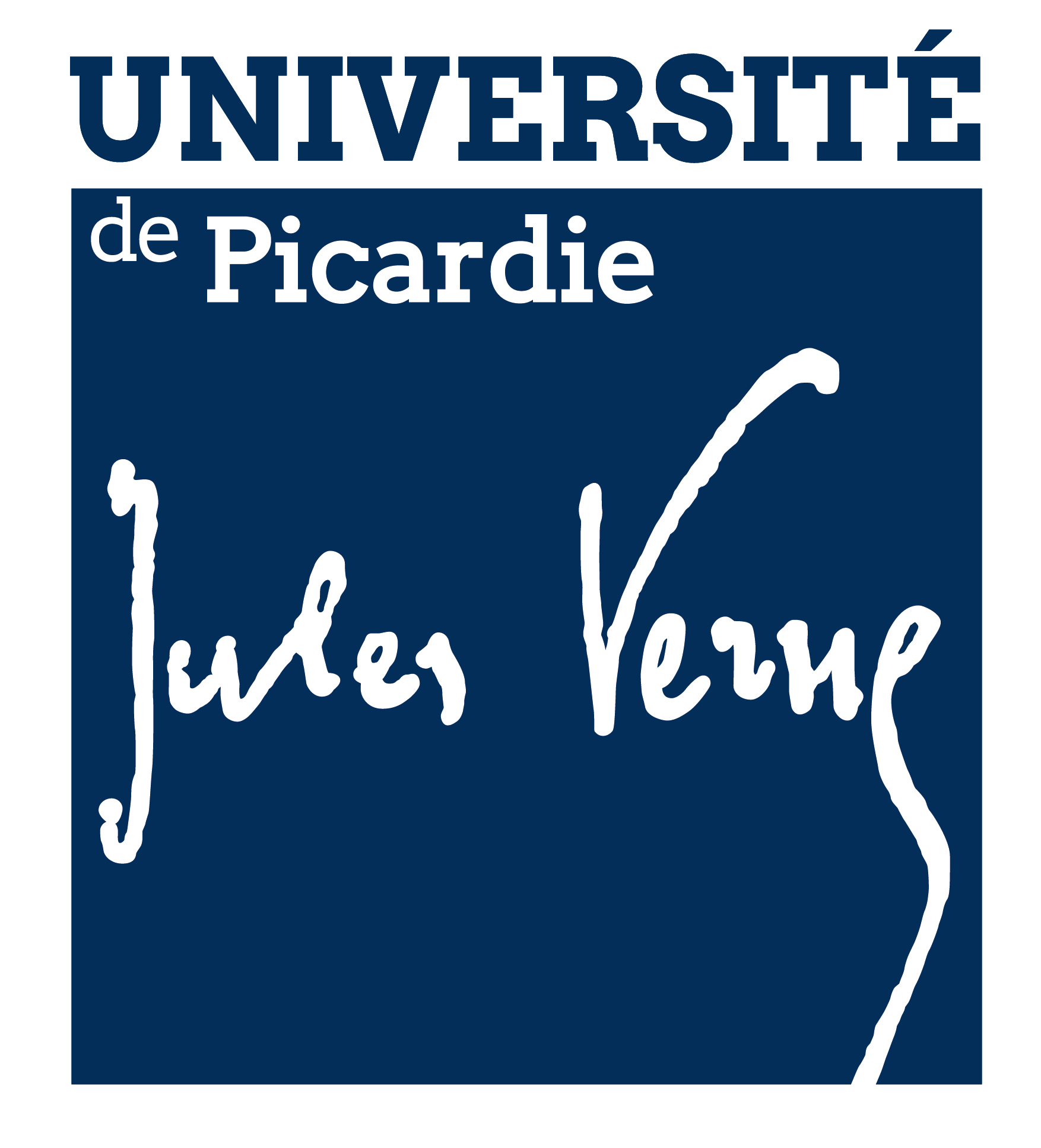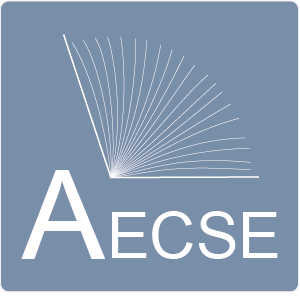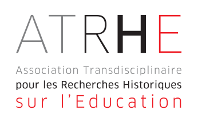-
Cultural and creative industries
-
Societal and economic transition & Risk management
Amiens Centre for Research in Education and Training (CAREF)
Research unit - UR 4697
As a laboratory for educational sciences, CAREF tries to respond to a two-fold need: to carry out fundamental research in education, and to respond to the educational challenges in our society by providing a scientifically founded viewpoint. This is a way for CAREF to contribute to the renewal and transformation of educational practices.
The regional anchoring of the laboratory is based on a national and international perspective.
The history of educational policies in their multiple dimensions, secularism and discrimination, the history of disciplines, learning and the renewal of didactics, children’s literature and questions of adolescence are research subjects for which we try to provide arguments and scientifically strong insights.
CAREF also supports a national and international journal in educational sciences, Carrefours de l’éducation [Education hubs] (Dunod/A. Colin), which celebrated its 25th anniversary in 2021.
-
Gaëlle Stephan-Blanchard
Secretary -
Alain Maillard
Director -
Lucie MOUGENOT
Deputy director
10 rue des Français libres
E213
80080 AMIENS
https://www.u-picardie.fr/unites-de-recherche/caref/

Effectif
Effectif total : 72
Personnel de recherche : 45
Personnel d'appui à la recherche : 1
Skills
1. Research Theme 1: "Educational Policies: Conditions, Contexts and Challenges"
This research theme combines a sociohistorical analysis and a philosophical questioning on institutions, projects and policies
Education in their contexts, modalities and international, national, regional and local issues.
Particular importance is attached to the combination of scales of analysis: the construction and deconstruction of the territories of politics and administration, They must be taken into account to understand the history and sociogenesis of education systems.
This research topic focuses on the retrospective and prospective study of permanences and their mutations. It also contributes to a history and sociology of educational policies. It focuses on institutions, individual and collective actors, the discourses and practices of education and training and economic globalisation.
The confrontation and the effects in the field of education and training of the various conceptions of liberalism and democracy are examined. The investigations are based on historical methods (work on archives), sociological and anthropological methods (quantitative investigations, ethnography, interviews) and philosophical methods (problematization of concepts).
2. Research Theme 2: "Curricula, Learning and Teacher Professionalism"
The research issues of this theme, focused mainly on primary school and college in the French educational context, They are situated at the interface of problems specific to disciplinary didactics and more transversal problems concerning school learning, teaching practices and vocational training.
The diversity of researchers involved makes it possible to analyse the complexity of teaching or training situations by combining different theoretical and methodological concepts from complementary fields of research mainly didactic of the disciplines and more largely psychology of learning, professional didactics and sociology of the curriculum.
Research studies what determines or influences the teaching practices, knowledge and values that underpin them. They also examine how these practices condition or direct the activity of pupils and their learning according to the different teaching contents.
3. Research Theme 3: "Contemporary adolescence: continuities and ruptures"
The work of this theme is open to several theoretical approaches. Thus, the educational phenomena such as the rupture or the risk of rupture between pupils-adolescents and the institution, the relationship of adolescents to their bodies, knowledge and space, the environment and time in the construction of the adolescent project, school violence, teaching practices, learning processes, can be informed by psychosociological, philosophical, psychological or psychoanalytical perspectives.
This theme focuses on interdisciplinarity in order to find coherence in all research. The training of professionals (in education, training, social work, health) and the questions of transmission (which today arise in the family, in organizations, at school and in society) are common issues.
Approaches within this theme can coexist without competing and mutually fertilizing. Research is regional, national and international.
Example(s) of projects
2. "Inclusive school and disability" (Theme 2 of the PIA3 Future Investment Programme).
3. Project "The impact of the school climate on the identity building of adolescent students" (France/Morocco partnership).
Example(s) of publications
2. Bisault, Joël, Le Bourgeois Roselyne., Thémines, Jean-François, Le Mentec, Mickaël, Chauvet-Chanoine, Céline. (dir.). (2021). Objets pour apprendre, objets à apprendre : Londres : ISTE group.
3. Poucet, Bruno. (dir.), avec la collaboration de Bisault Joël, Kattar Antoine, Maillard Alain. (dir.).L’Éducation en tension(s). Arras : Artois Presses Université, 2021, 276 p. Cet ouvrage fait suite aux deux jours de travaux de novembre 2015 sur le thème de l’ « Éducation en tension(s) » avec 35 chercheurs du laboratoire et André Robert servant de fil rouge.
4. Guichet, Jean-Luc & Maillard, Alain (2021). Utopies éducatives. Artois : APU.
5. Panero, Alain. (2021). Figures de l'esprit : Du pneuma au champ transcendantal. Paris : L'Harmattan.
All publications can be found here : 🡭
Collaborations/Partners/Scientific clients
International : Le laboratoire a établit des conventions ou de partenariats avec des universités et laboratoires à l'étranger notamment au Maghreb (Fès, Rabat Agdal et Marrakech, Rabat Souissi), en Roumanie (Pitesti), en Grèce (Thessalonique), en Chine (Sichuan), au Brésil (Sao Paulo), au Canada (Sherbrooke), au Sénégal (Saint-Louis), au Liban (UL et Université Saint-Joseph), au Viet-Nam (Hanoï) ; Réseau universitaire international d'études psychanalytiques en éducation (RUEPSY).
Services provided
Training offers
Consulting services
Affiliated institutions / organisations
Groups/Networks/Federations
Regional strategic areas of activity
- Cultural and creative industries
- Applications, outreach and cognitive sciences
- New ways of learning
- Societal and economic transition & Risk management
- Public and European policies
- Societal issues, employment, inclusion, social innovation
- Territories, heritage and culture



